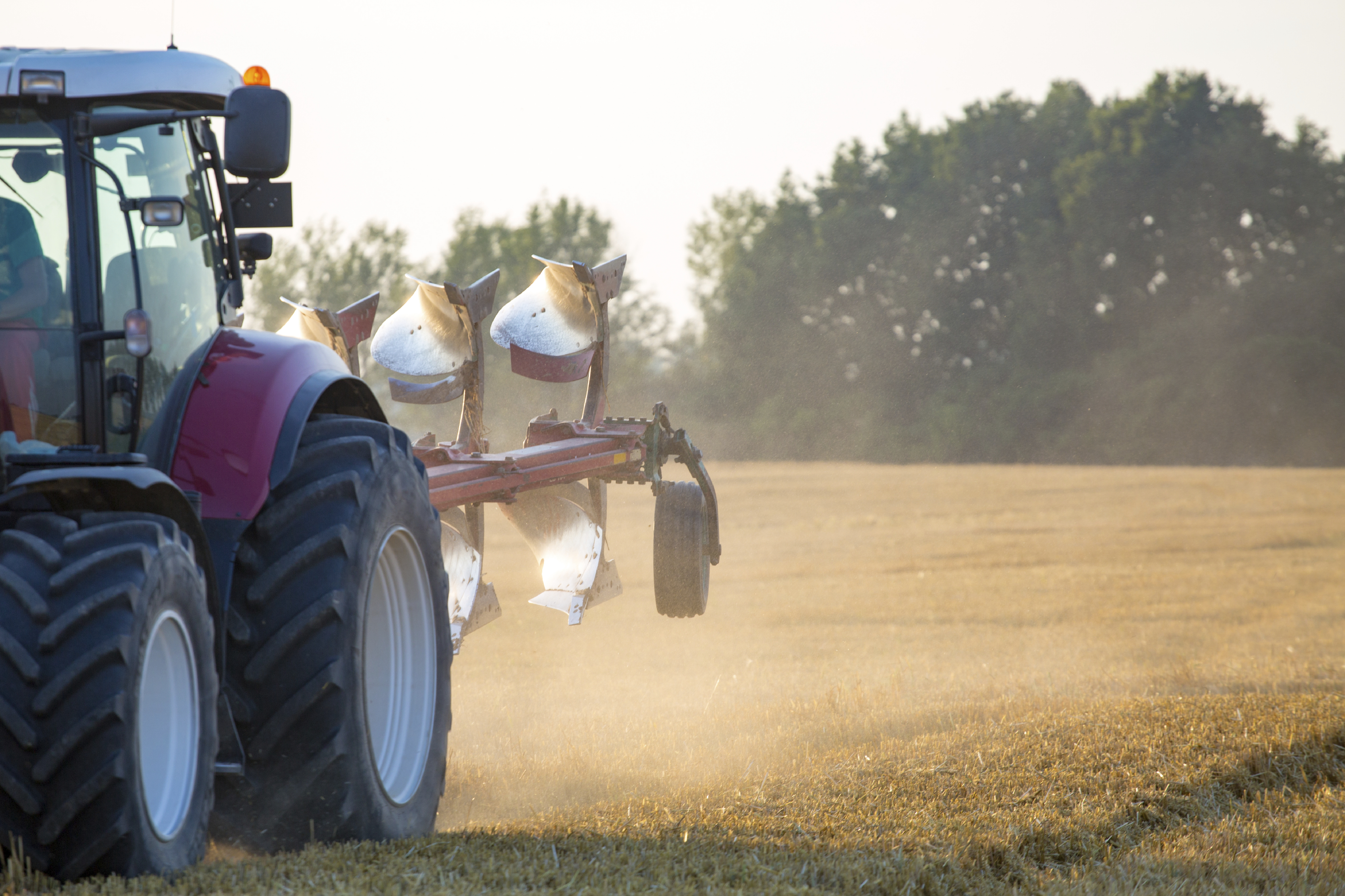What rural businesses are doing to survive — and thrive
"Rural people care deeply for the places they live in and their common culture, which cultivates an ethic of hard work."

America's heartland is back.
Long a punching bag of urban-focused economic prognosticators, rural areas are making a comeback of sorts. There are a number of trends working in their favor: the rise of e-commerce, where geography and brick-and-mortar locales matter little; reshoring, in which companies bring outsourced jobs back to the United States; rural-sourcing, in which companies forgo outsourcing and instead seek employees in rural America; and a reversal from brain drain to "brain gain." Add it all up, and businesses of all sizes are seeing opportunities in areas of the country where, until recently, prospects looked bleak.
"This whole raft of trends is making small towns more relevant to business than they have been for a long time," says Becky McCray, publisher of SmallBizSurvival.com and herself a small business owner in Hopeton, Oklahoma. "There are more advantages than ever before to starting and running a business in a rural location."
The Week
Escape your echo chamber. Get the facts behind the news, plus analysis from multiple perspectives.

Sign up for The Week's Free Newsletters
From our morning news briefing to a weekly Good News Newsletter, get the best of The Week delivered directly to your inbox.
From our morning news briefing to a weekly Good News Newsletter, get the best of The Week delivered directly to your inbox.
McCray has traveled to dozens of small towns around the country to meet and support local business owners and prospective entrepreneurs. She says one key to the success of rural areas is the powerful sense of community they imbue in their residents, a quality that existed even before manufacturers began moving jobs from Asia back stateside, and IT companies started seeking out higher quality yet still affordable labor in the rural U.S.
"Rural people care deeply for the places they live in and their common culture, which cultivates an ethic of hard work," McCray says. "The towns where rural businesses have thrived are the ones that have stayed true to their own character and culture. Their commitment to community has gotten them through tough times in the past and can be the route forward in the future."
In conversations about jobs in rural America, McCray says, it's inevitable — and often proper — to think first about agriculture. But while agriculture still plays a leading role in shaping the culture of rural areas, less than three percent of the U.S. population is actively involved in farming, according to the Bureau of Labor Statistics. That means more people are doing other work, or looking for new opportunities, McCray says.
"All of these factors combine to show that small towns are actually a center of opportunity in the future; we are investment-ready places," she says.
A free daily email with the biggest news stories of the day – and the best features from TheWeek.com
Jack Schultz, whose Effingham, Illinois-based company, Agracel, develops and markets industrial complexes in rural communities in 17 states across the South and Midwest, agrees. The author of Boomtown, USA: The 7 ½ Keys to Big Success in Small Towns says more and more manufacturers are looking to move to rural areas.
"We're extremely busy right now, and most of the manufacturers we talk with want to be in a rural location for a couple of reasons: One is the cost to build and operate there is much less expensive, and second is they have found they get a higher quality of workforce that has less turnover," Schultz says.
Rural land can be bought for a small fraction of the price found in urban locales, and businesses can save 10 to 20 percent on building costs due to the ease of getting materials in and out of the worksite. A recent trend of factories downsizing and specializing in niche markets has also helped rural areas compete, he adds.
"Around 30 to 40 years ago, companies were running mega-factories with 1,000 or 2,000 employees, but the trend now is toward focus factories with 100 to 200 workers," he says. "It's easier to assemble that sized workforce in a small town and to instill teamwork and cooperation in them. And businesses are hiring young people who have got a great mechanical sense, having worked on or around farms since they were kids. These people tend to be more loyal and stick with a job much longer than they might in an urban setting where they can move from one opportunity to another."
One manufacturer that has thrived in rural America is ALCOM, a producer of aluminum trailers based in Winslow, Maine, a town with a population of 7,794. Founded in 2006, ALCOM's sales revenue has grown 35 percent on average each year of its existence, including the recession years of 2007 to 2009. In addition to its 285 employees in Maine, in 2013 ALCOM added a factory in Bonner, Montana, that now employs 95 people. Last year, the company built another plant in Sioux Falls, South Dakota, that has 70 workers.
How'd they do it? The company has thrived, despite being far away from the country's trailer manufacturing hub in northern Indiana. ALCOM sales director Dan Mills says affordable industrial space and financial incentives were a factor, but that more than anything, the company chose its locations because of their capable local workforces.
"Maine is obviously at a disadvantage logistics-wise, but we still always manage to lead our competitors in turnaround time on new product development and production capacity," Mills says. "To be successful, we have to offer our dealers a broad selection and we have to build our product faster to get it onto dealers' lots quicker than the competition, while maintaining quality. And to do that, we need a flexible and hardworking employee base."
Mills says ALCOM has "huge employee loyalty" and that many of the company's early hires are still with the company, even as production has ramped up. "I think people take pride in knowing that they work for the largest company in Winslow, that we're supporting jobs and the rural Maine way of life, which is why a lot of our guys have been here for the whole ride and why our turnover is so low," Mills says.
Stories like ALCOM make Becky McCray extraordinarily happy.
"It's wonderful because it runs so contrary to the tired old narrative of small town poverty. There's a new narrative emerging: rural areas have assets," she says. "People should know we are doing exciting and innovative things that are making people's lives better every day."
-
 The curious history of hanging coffins
The curious history of hanging coffinsUnder The Radar Ancient societies in southern China pegged coffins into high cliffsides in burial ritual linked to good fortune
-
 The Trump administration says it deports dangerous criminals. ICE data tells a different story.
The Trump administration says it deports dangerous criminals. ICE data tells a different story.IN THE SPOTLIGHT Arrest data points to an inconvenient truth for the White House’s ongoing deportation agenda
-
 Ex-FBI agents sue Patel over protest firing
Ex-FBI agents sue Patel over protest firingspeed read The former FBI agents were fired for kneeling during a 2020 racial justice protest for ‘apolitical tactical reasons’